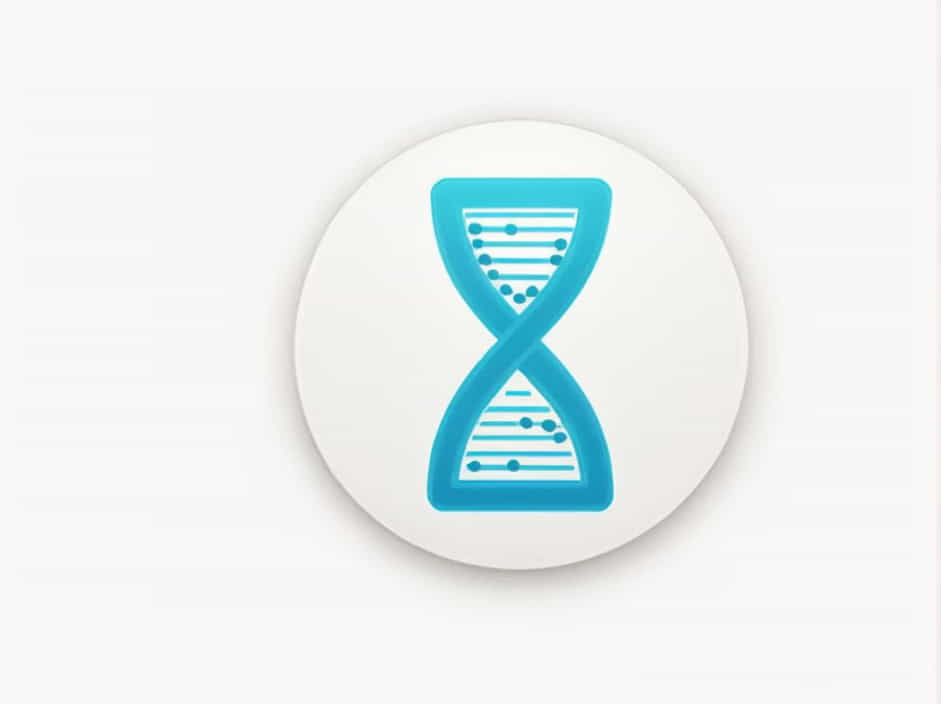Contribution Of Hooke In Cell Theory
Robert Hooke played a significant role in the development of cell theory, a fundamental concept in biology. His observations and discoveries laid the groundwork for future scientists to explore the structure and function of cells. Hookes contribution is essential because it introduced the concept of the cell and sparked interest in studying living organisms at … Read more









